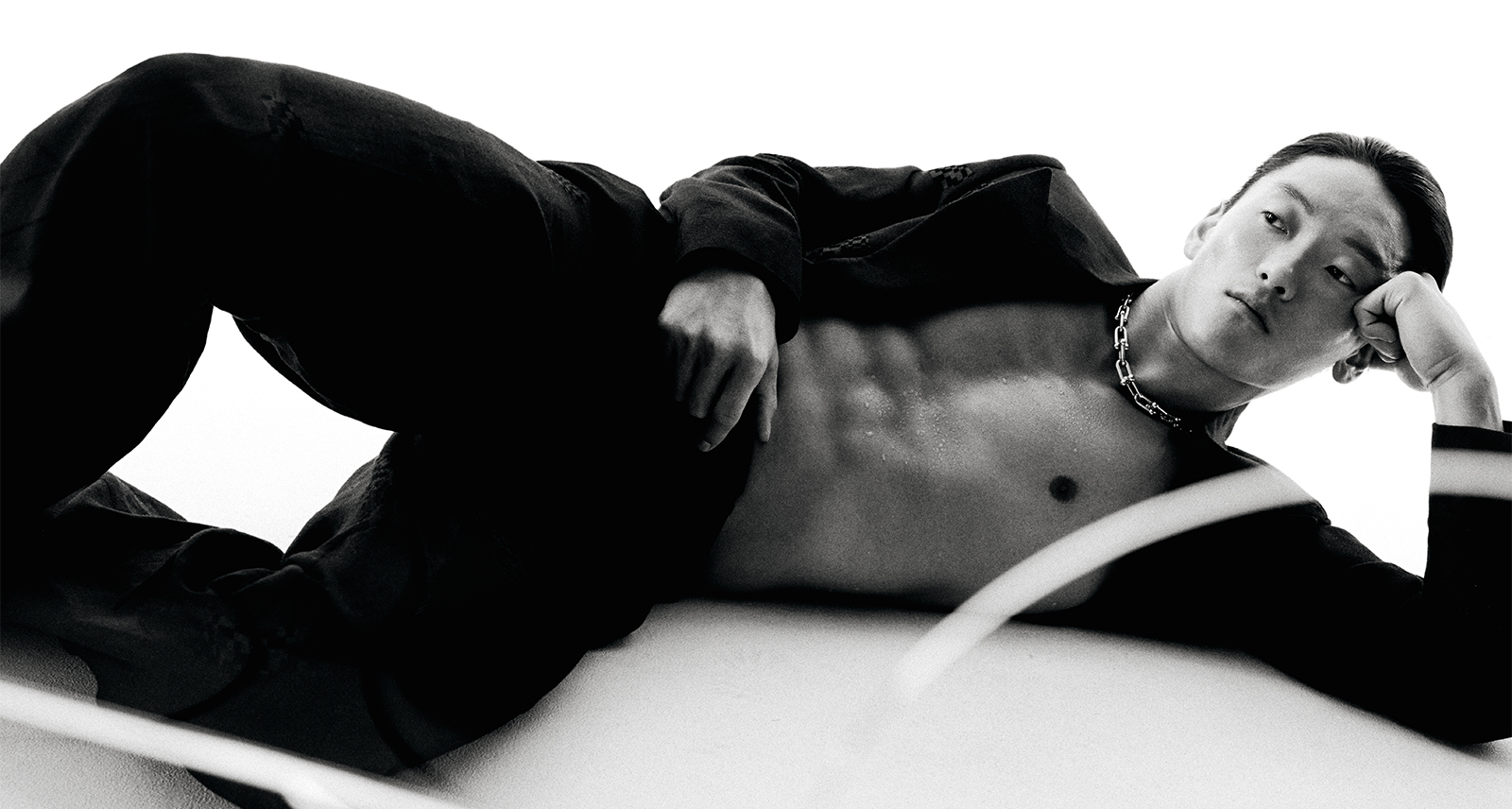EDITOR’S LETTER: A Novel Idea
Jonathan Franzen doesn’t need my help. This month, his new novel, Purity, will be released with the kind of media buzz usually reserved for Hollywood blockbusters. That is to say, I’ve seen the book’s dramatic cover plastered on billboards across the city. Whether a new Franzen novel is actually a big deal — i.e. that it will be purchased and consumed by people who don’t already consider themselves “book people,” — at the very least, it’s being marketed as one. I haven’t finished the book yet, but so far it’s as good as I expected. Still, a man famous for turning down Oprah — not to mention writing one or two generation-defining novels — doesn’t need my endorsement.
Before I received Purity, I had been on a Don DeLillo kick. The two authors are of a similar type. If DeLillo is the ruling monarch of post-modern novels about How We Live Now, Franzen is Prince Harry. More accessible, more populist (and popular), even if he isn’t next in line for the crown. They both represent the somewhat antiquated idea of the Important Author. (Back in the day, if an author was a recluse, it was actually noticed. Now, when Franzen complains about Twitter, he just seems out of touch). I like Big Authors who write Big Novels and engage in Big Conversations. I like being a part of those conversations, however tangentially. You probably do too, if you’re still reading magazines.
The fact is, you can read a book as passively as you watch an episode of Mad Men, but the beauty of television now is that the inverse is also true.
And yet, you can’t deny that the author is less relevant than they used to be. The Dick Cavette days are long passed. But, I don’t bemoan the author’s fall from cultural dominance. Because, and this has been said before, TV has done a good job replacing the novel. I don’t mean just that it’s been effective at overshadowing the novel. That has always been the fear, and that fear has come true. But, I mean also that television has done a serviceable job providing what novels provide: complex narratives, rich characters, epic storytelling, important conversations. The fact is, you can read a book as passively as you watch an episode of Mad Men, but the beauty of television now is that the inverse is also true.
That’s not to say that television is perfect. In fact, as we put together our Fall TV package, it became clear that the Golden Age of Television is showing signs of decay and decline, as networks and creators emulate the appearance of quality TV, without the depth. But, TV isn’t dead yet. And, thankfully, according to the poster I saw outside the Hasty Mart near my home, neither is the novel.










